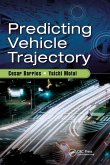

Ähnliche Artikel

Broschiertes Buch
19. September 2019
Taylor & Francis Ltd (Sales)

Broschiertes Buch
Fundamental Concepts and Laboratory Investigations
22. Oktober 2019
Taylor & Francis Ltd (Sales)
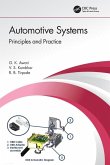
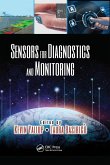
Broschiertes Buch
30. September 2020
Taylor & Francis Ltd (Sales)
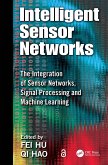
Broschiertes Buch
The Integration of Sensor Networks, Signal Processing and Machine Learning
16. November 2016
Taylor & Francis Ltd (Sales)

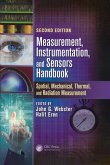
Broschiertes Buch
Two-Volume Set
2nd edition
29. Januar 2014
Taylor & Francis Ltd (Sales)


Broschiertes Buch
2. Auflage
18. Dezember 2020
CRC Press

Broschiertes Buch
25. Oktober 2018
Institution of Engineering & Technology
Ähnlichkeitssuche: Fact®Finder von OMIKRON
